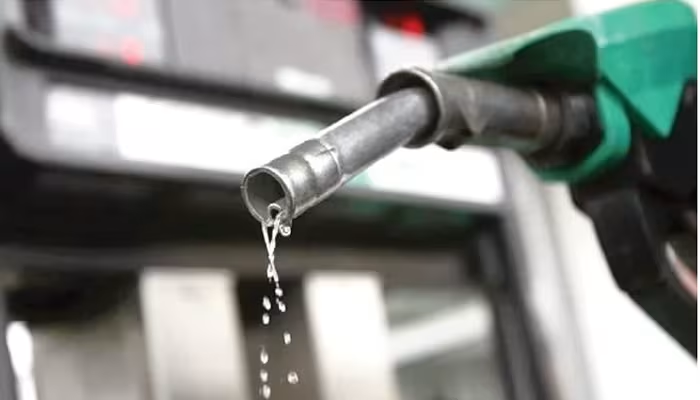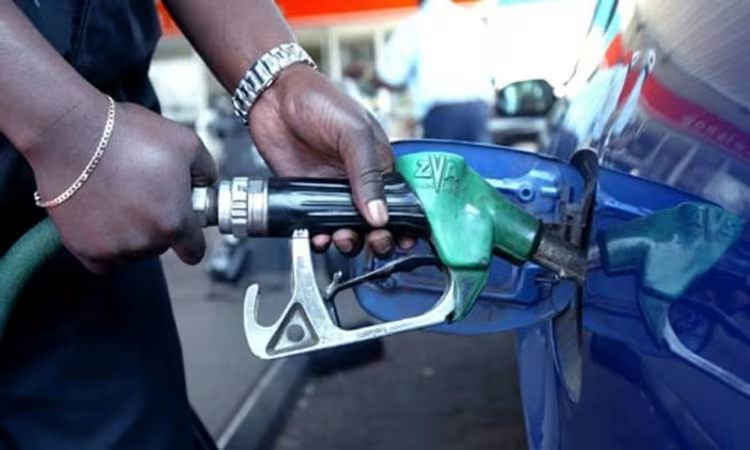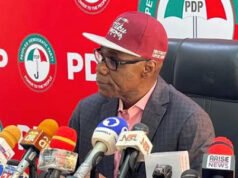The federal government has justified the 5 percent tax levy on petroleum products, claiming that it is meant to fill up the nation’s infrastructure gaps and provide consistent funding for road construction.
Taiwo Oyedele, the chairman of the Presidential Committee on Fiscal Policy and Tax Reforms, claims that the policy is in full effect in more than 150 countries.
According to Oyedele’s social media post following explanation of the policy which many Nigerians and TUC have strongly rejected, the surcharge is a way to establish a specific budget for the construction and upkeep of roads and other infrastructure throughout the nation.

Years of insufficient investment, Oyedele claimed, have damaged road infrastructure, leading to hazardous travel conditions, delays, increased logistics expenses, and a greater load on businesses and citizens for vehicle upkeep.
“This is not a new tax introduced by the current administration. It does not take effect automatically but will only commence when the Minister of Finance issues an order published in the Official Gazette as required under Chapter 7 of the Nigeria Tax Act, 2025. This safeguard ensures careful consideration of timing and economic conditions before implementation,” he stated in the post.
He went on to say that the strategy is similar to international practice, noting that over 150 nations have implemented fuel-related levies ranging from 20 to 80 percent in order to assure long-term investments in road infrastructure, enhance safety, and cut down on travel expenses and time.

Oyedele claims that the 5% tax clause has been in place since the 2007 Federal Roads Maintenance Agency Amendment Act.
“Its inclusion in the newly passed Nigeria Tax Act, 2025, was done for harmonisation and transparency and to provide a clear legal basis whenever implementation becomes necessary.”
He clarified that although the money saved by eliminating the petrol subsidy can be used to fund road construction, it is insufficient to cover Nigeria’s significant and ongoing infrastructure requirements in addition to other financial commitments.

According to him, a dedicated budget guarantees stability and dependability in funding, preventing roads from being underfunded.
The committee chairman addressed worries that the proposal runs counter to efforts to lower taxes for individuals and small enterprises by pointing out that a number of charges have already been dropped or suspended.
He mentioned a number of initiatives to streamline the system and eliminate duplication, including the cybersecurity levy, the value-added tax on fuel, and the excise fee on telecommunications services.

Oyedele further claimed that in order to provide a forward-thinking and cohesive legal framework for sustainable road finance and to address associated issues like the effects of climate change on transport infrastructure, the surcharge was removed from the FERMA Act and included into the new tax system.
He also explained a legal technicality that says a product made from fossil fuels is liable as soon as it is supplied, sold, or paid for.
“In summary, the surcharge is not new, not immediate and selectively applied. Its restatement is about transparency, preparedness and sustainable funding for roads and other critical infrastructure, not about sudden implementation,” he added.
Join Our Social Media Channels:
WhatsApp: NaijaEyes
Facebook: NaijaEyes
Twitter: NaijaEyes
Instagram: NaijaEyes
TikTok: NaijaEyes







































